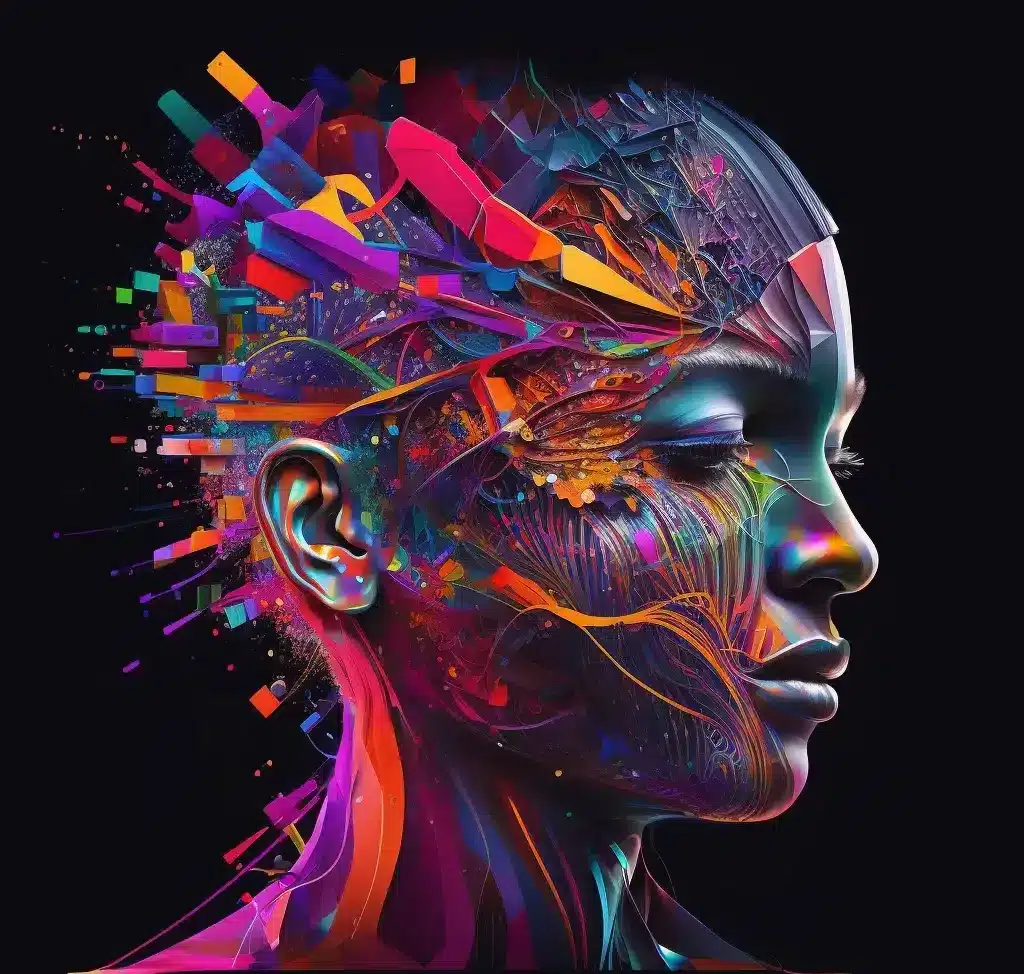AI Ethics and Responsibility
AI Ethics and Responsibility: Navigating the Complex Landscape
In the rapidly evolving world of artificial intelligence (AI), the topic of AI Ethics and Responsibility stands at the forefront. As AI systems become more integrated into our daily lives, understanding the ethical implications and responsibilities associated with these technologies is crucial.
Understanding AI Ethics
AI Ethics is a multidisciplinary field that aims to ensure the beneficial impact of AI while minimizing risks and adverse outcomes. It addresses issues such as data privacy, fairness, transparency, and accountability. The goal is to prevent biases in AI systems that can lead to unfair outcomes and to ensure that these systems respect user privacy.
The Importance of Responsibility in AI
Responsibility in AI refers to the obligation of those developing and deploying AI systems to do so in a manner that is ethical and considerate of the potential impacts. This includes ensuring the robustness and security of AI systems, educating all people involved in the AI lifecycle about building AI responsibly, and establishing processes for managing and communicating about AI risks.
Challenges in AI Ethics and Responsibility
Despite the guidelines and principles established by experts, challenges persist in AI Ethics and Responsibility. These include the rapid pace of AI innovation, which often outpaces government regulation, and the potential for unforeseen consequences due to poor research design or biased datasets. Addressing these challenges requires a concerted effort from all stakeholders in the AI field.
The Way Forward
As we continue to navigate the complex landscape of AI Ethics and Responsibility, it’s clear that this will be an ongoing journey. By fostering a culture of ethical consideration and responsibility in AI development and use, we can work towards a future where AI technologies are both beneficial and fair for all.
Introduction The Rise of AI: From Simple Automata to Autonomous Systems Artificial Intelligence, or AI, has become an integral part of our world, subtly shaping our everyday lives. Its journey, which began with simple machines carrying out rudimentary tasks, has now led us to an era of unparalleled autonomy and intelligence. Today, AI is all […]
AI and Job Displacement: An Ethical Dilemma Read More »
Introduction In the pulsating heart of our technologically driven society, artificial intelligence (AI) thrives as a force reshaping our lives. Its tendrils reach into the deepest crevices of our daily existence, from the mundane to the extraordinary, from our smartphones to our hospitals. But as we dance to the rhythm of this digital symphony, a
AI and Privacy: Navigating the Challenges Read More »


